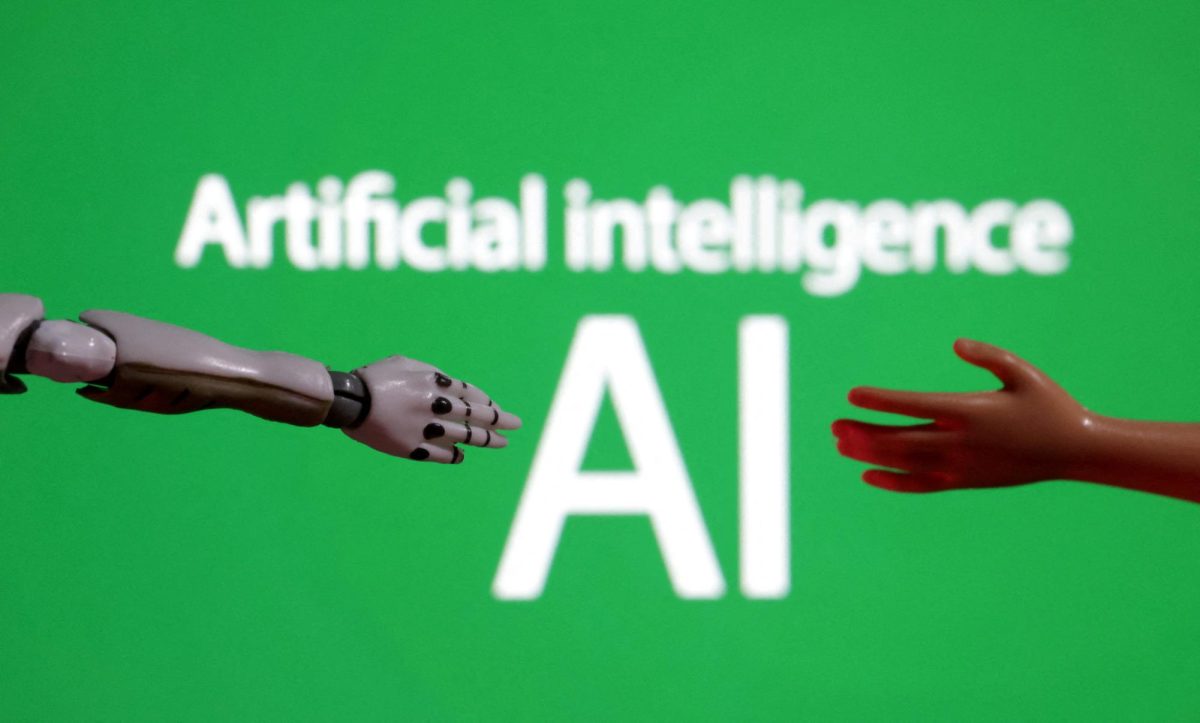
REUTERS/via SNO Sites/Dado Ruvic
Words reading "Artificial intelligence AI", miniature of robot and toy hand are pictured in this illustration taken December 14, 2023. REUTERS/Dado Ruvic/Illustration
Artificial intelligence is transforming the political landscape, offering both unprecedented opportunities and significant risks. While AI can streamline governance, enhance voter engagement, and optimize campaign strategies, its unchecked use poses dangers that could undermine democracy itself.
One major concern is the amplification of misinformation. AI-powered tools can generate hyper-realistic deepfakes, fabricated speeches, or misleading narratives at scale, making it harder for voters to distinguish truth from fiction. Politicians could exploit these capabilities to manipulate public opinion, erode trust in institutions, or incite division, all with plausible deniability.
Another risk lies in voter profiling and microtargeting. AI systems can analyze datasets to pinpoint individual preferences, fears, and biases, enabling campaigns to deliver tailored propaganda. While this can boost engagement, it also raises ethical questions about privacy and autonomy. Voters may be swayed not by reason or policy, but by emotionally charged, algorithmically curated content designed to exploit their psychology.
AI also threatens electoral integrity. Automated bots can flood online platforms with coordinated messaging, drowning out authentic discourse or amplifying fringe voices to appear mainstream. In extreme cases, AI could be used to hack voting systems or fabricate results, casting doubt on democratic outcomes.
Finally, the concentration of AI power in the hands of a few tech giants or political elites could exacerbate inequality. Those with access to advanced AI tools might dominate discourse, leaving smaller parties or grassroots movements at a disadvantage.
To mitigate these dangers, robust regulation, transparency, and public education are essential. AI can be a tool for progress in politics, but without oversight, it risks becoming a weapon against the very systems it could strengthen.